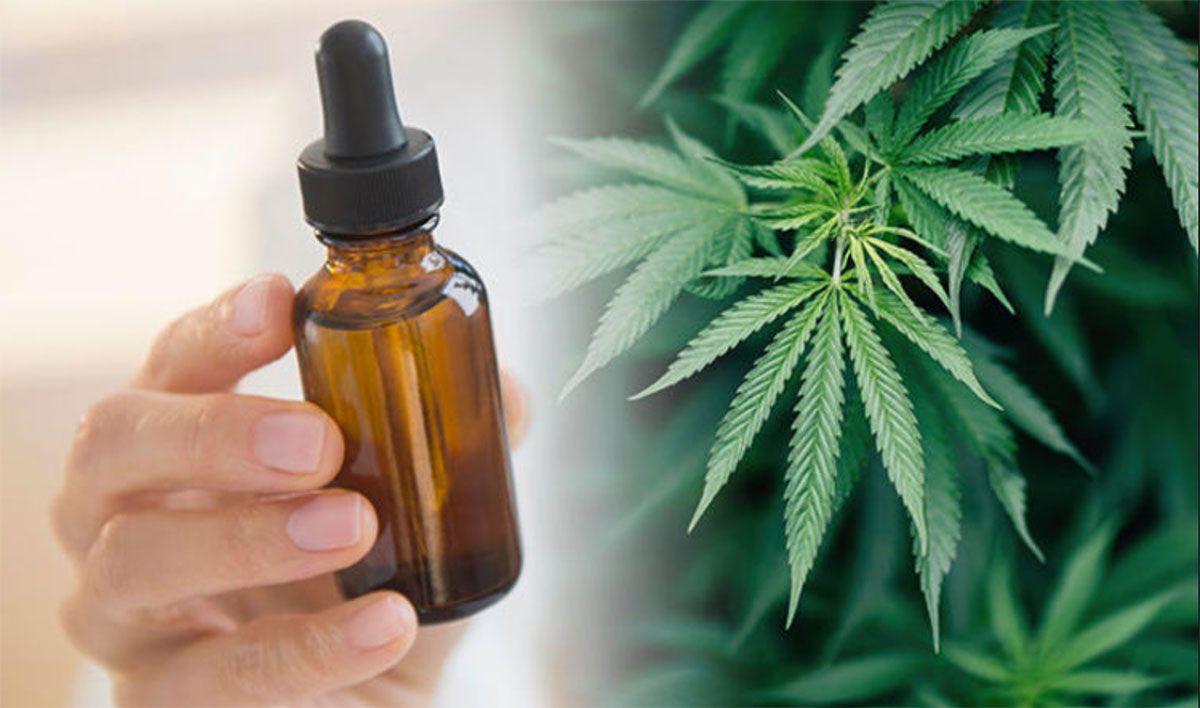A number of preclinical studies suggest CBD could help with a variety of health issues, including substance misuse disorders, sleep, and certain cancers. More research is needed in controlled clinical settings, however.
A small study found that CBD reduced rheumatoid arthritis pain and improved sleep quality in patients with the same disease. It also decreased the amount of medicine they needed to take.
Anxiety and Mood Disorders
Anxiety and mood disorders can have a devastating impact on your quality of life. CBD oil helps ease anxiety symptoms by interacting with the body’s endocannabinoid system, which influences sleep, body temperature, and arousal. CBD may also boost serotonin levels in the brain, helping to relieve depression. It can also interact with other medications, so it’s best to consult your doctor before starting a new supplement.
CBD’s anxiolytic effects have been demonstrated in several animal models, including the elevated plus maze and restraint stress tests. In one study, CBD significantly reduced anxiety in socially anxious individuals during a simulated public speaking test.
Because CBD can cause sedation, it is important not to take it with any other medication that makes you drowsy. It is also best to start with a small dosage and increase slowly. Consult with your doctor to find out how much CBD is right for you. They can recommend a reputable CBD brand and provide guidelines for dosage.
Type 1 Diabetes
Type 1 diabetes happens when the body loses its ability to produce insulin. Insulin is a hormone that allows glucose (sugar) from food to enter cells and provide energy. This condition can cause a lot of problems, including low blood sugar, high blood pressure and heart disease.
CBD can help treat this condition by reducing seizures and helping with weight loss. A prescription CBD product called Epidiolex was recently approved by the FDA to treat seizures in people with Lennox-Gastaut syndrome and Dravet syndrome, two rare, seizure-causing conditions.
CBD is also being studied to treat other neurological disorders, including multiple sclerosis. One small study found that a spray containing both THC and CBD significantly reduced pain and muscle spasticity in people with MS. Other research suggests that CBD may reduce the symptoms of post-traumatic stress disorder, such as anxiety and depression. The quality of cbd products can vary, so talk to your doctor before trying any new treatment.
Acne Treatment
Acne is one of the most common skin problems. It can be hard on self-esteem, especially in teens. It can also be hard to treat. Most acne is inflammatory, which means it’s caused by multiple factors. CBD oil has shown to reduce inflammation and soothe skin. It can also help fade post-acne marks.
CBD is an anti-inflammatory and can help with sebum regulation (oil production), which can prevent breakouts. It can also be used in a serum or mask to help heal the skin and decrease scars.
The best CBD products for acne include a cream or lotion that can be applied directly to the face. This will minimize side effects and provide the most targeted relief for acne scars.
Look for a product that has been independently tested and contains the FDA-regulated ingredient cannabidiol, or CBD. You should also check the ingredient list for other compounds that may irritate skin. For example, sulfates, parabens, and artificial fragrance can all make acne worse.
Rheumatoid Arthritis
Your bones, muscles, ligaments and tendons work together to bend, twist and stretch your body. Each joint has cartilage between the ends of bones that acts like a slippery cushion absorbing shock and helping you move. It’s all held in a tough capsule filled with synovial fluid that lubricates and nourishes the cartilage. When you have rheumatoid arthritis, your immune system mistakenly attacks healthy tissue in and around the joints, which can lead to pain and inflammation.
CBD has been shown to reduce inflammation in lab animals with rheumatoid arthritis. Some studies suggest that CBD can also help ease the nerve pain associated with rheumatoid arthirtis.
Before trying CBD, talk to your doctor and start with the lowest doses possible. Be aware that CBD can interact with certain medications, including benzodiazepine sedatives like Klonopin (clonazepam) and Ativan (lorazepam) and immunosuppressants like Sandimmune (cyclosporine), as well as opioid painkillers and rifampin-based drugs used to treat tuberculosis.cbd huile


